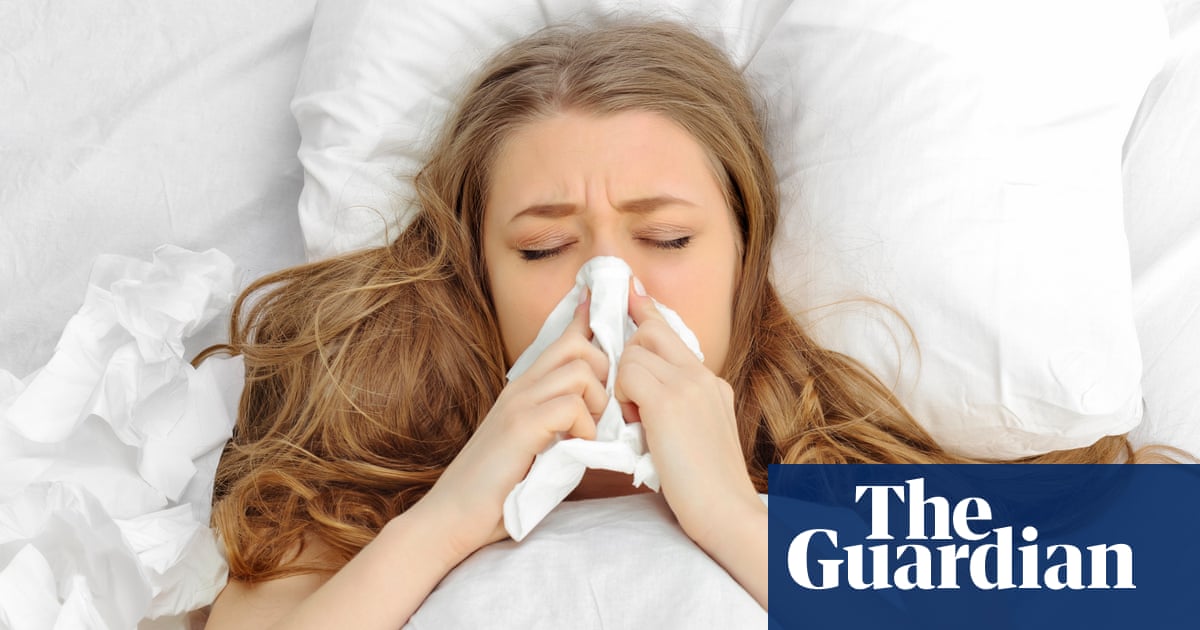
More than 80% of GPs believe that patients are being put at risk when they come into their surgery for an appointment, a new survey shows.
A poll of 1,395 GPs found only 13% said their practice was safe for patients all the time. Meanwhile, 85% expressed concerns about patient safety, with 2% saying patients were “rarely” safe, 22% saying they were safe “some of the time” and 61% saying they were safe “most of the time”.
Asked if they thought the risk to patient safety was increasing in their surgery, 70% said it was.
Family doctors identified lack of time with patients, workforce shortages, relentless workloads and heavy administrative burdens as the main reasons people receiving care could be exposed to risk. The survey, which was self-selecting, also found that:
91% said more GPs would help improve the state of general practices.
84% have had anxiety, stress or depression over the past year linked to their job.
31% know a colleague who was physically abused by a patient in the last year.
24% know of a member of general practice staff who has taken their own life due to work pressures.
“The evidence shows that, after you’ve already made 25 to 35 decisions about patients’ health on a particular day, that as a GP the risk of making a bad decision goes up,” said Dr Kieran Sharrock, a GP in Lincolnshire and the deputy chair of the British Medical Association’s GP committee.
“That could be prescribing an ineffective medicine for a patient, or making a referral to hospital for them when it’s not needed or, worse than that, not making a referral when it is needed. For example, we miss a red flag sign of cancer because we are overloaded already with decisions.”
Sharrock is one of the leading lights in a new campaign, called “Rebuild General Practice”, which is calling for urgent action to improve GP services. Patients are waiting longer than before to get an appointment as surgeries struggle with a shortage of both GPs and other staff such as receptionists, practice nurses, pharmacists and mental health support workers.
Asked why they thought patients’ safety was at risk, 86% of the GPs surveyed in England, Scotland and Wales mentioned not having enough time to fulfil patients’ needs. Others cited the widespread shortage of GPs (77%), having too many patients to look after (66%), and too few staff (63%).
Jeremy Hunt, the former health secretary, who is backing the campaign, said: “The workforce crisis is the biggest issue facing the NHS. We can forget fixing the backlog unless we urgently come up with a plan to train enough doctors for the future and, crucially, retain the ones we’ve got.”
In 2015 Hunt pledged to increase the number of GPs in England by 5,000 by 2020. He acknowledged that he missed that target because more retired early than joined.
Boris Johnson promised in the 2019 general election to boost the GP workforce by 6,000 by 2024-25. However, Sajid Javid, the health secretary, has admitted that that pledge will not be delivered either. A continuing high rate of early retirement means that the number of full-time GPs is still falling.
Over half either agreed (29%) or strongly agreed (24%) that working as a GP is incompatible with a healthy family life, while just 24% would recommend general practice as a career.
“We are at a turning point for general practice. Workload has gone inexorably up and workforce has gone downwards, and if that continues, general practice will fail. It will be unsafe for patients and therefore the NHS will also fail because general practice is the bedrock of the NHS,” added Sharrock.
A spokesperson for the Department of Health and Social Care said: “There has been an increase of more than 1,600 GPs over the past two years.
“Through the GP access plan, we have made £520m available to improve access and expand general practice capacity during the pandemic. This is in addition to £1.5bn announced in 2020 to create an additional 50m general practice appointments by 2024 by increasing and diversifying the workforce.”












